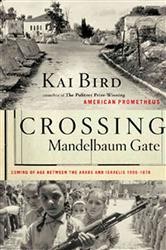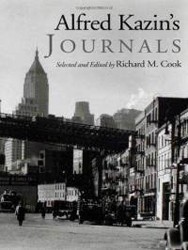Robert Ames’s name is probably unfamiliar to many of those who have followed the turbulent history of the Middle East. But Ames was the CIA station chief in Lebanon when he was killed, along with sixty-two others, in April 1983 by a suicide bomber outside the American embassy in Beirut. The bombing set in motion the rise of the Iranian-Syrian supported Hezbollah whose objective was to drive Israel out of Lebanon and continues to be an intractable enemy of Israel to this day. Ames’s death removed from the region the United States’ most influential intelligence officer in the Middle East. Kai Bird, the author of four previous books including the prize-winning biography of J. Robert Oppenheimer, American Prometheus, has written not only a life-sized portrait of Robert Ames, but also has provided an account of the shadow operations of the CIA whose activities are often overlooked in accounts of Israel’s ongoing conflict with its Palestinian foes.
Born and raised in Philadelphia, Ames attended La Salle University where he was an above average student and starred, along with Tom Gola, on the school’s basketball team. Following his service in the army, Ames joined the CIA where he specialized in Middle East history and culture. Ames’s major contribution to the CIA was to become the first operative to penetrate the higher level of the PLO, where he built a friendship with Hassan Salameh, the number two in the organization, whom many thought would be Arafat’s successor. Unlike most CIA agents, Ames eschewed recruiting informants for pay; he believed in cultivating friendship with his sources as a means of gathering information.
Bird reveals the tension between the CIA and the State Department during the Nixon, Ford, and Reagan years when U.S. policy was not to negotiate or even meet with the PLO. Yet it is apparent that despite the official policy, CIA personnel like Ames did just that — Ames was sympathetic to the Palestinian cause, as was true for most of the case officers assigned to the region. The book reveals the open hostility between the CIA and the Mossad in regard to Israel’s invasion of Lebanon in 1982 and in the aftermath of the 1983 massacre in the Palestinian refugee camps of Sabra and Shatila by Christian militias.
There is history and then there is history that never enters the history books. Bird has used the life of Robert Ames to add a different reality to our understanding of the history of Israel’s relationship with the U.S. during the turbulent years covered in this insightful book.
Related content:





